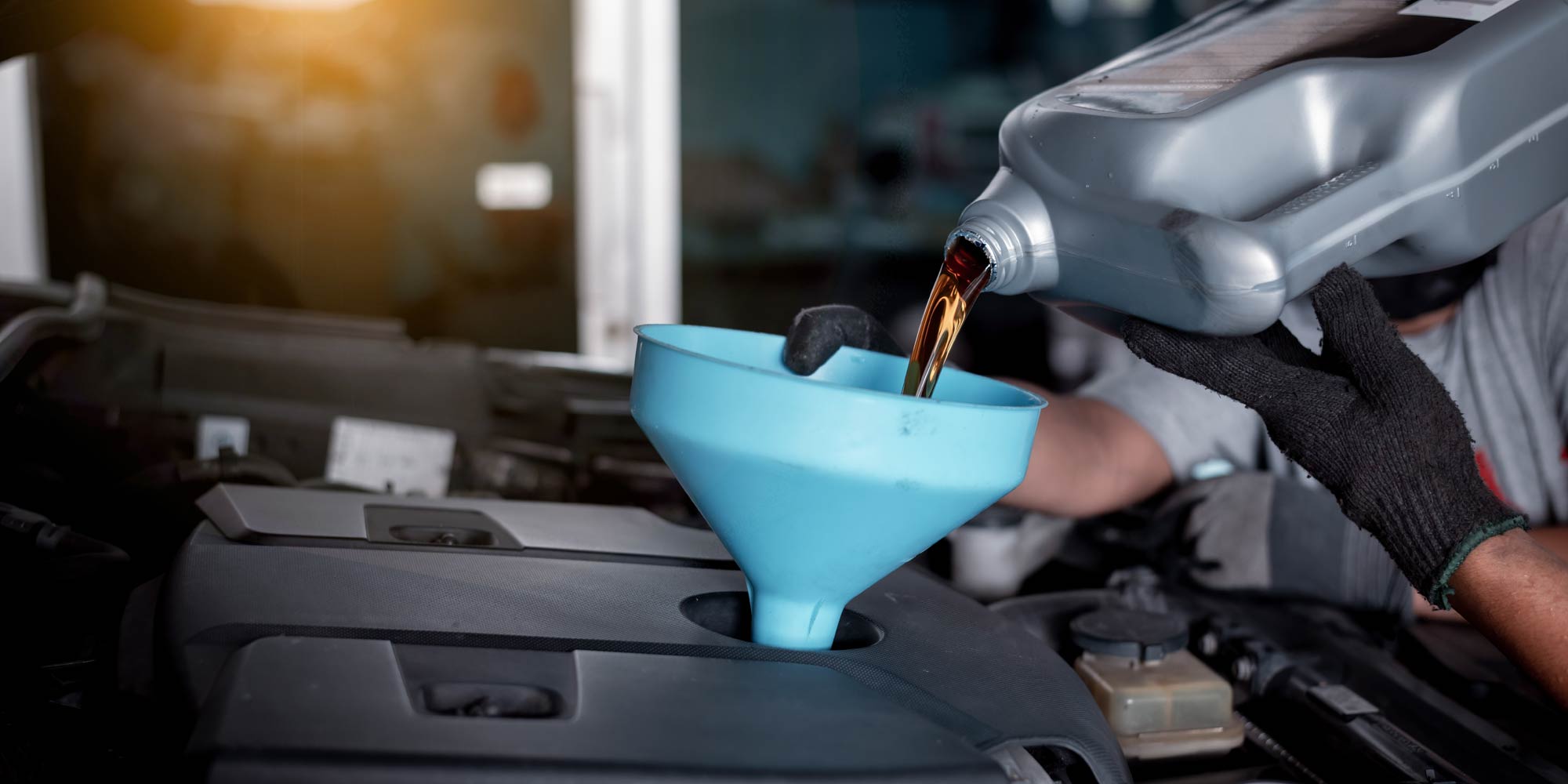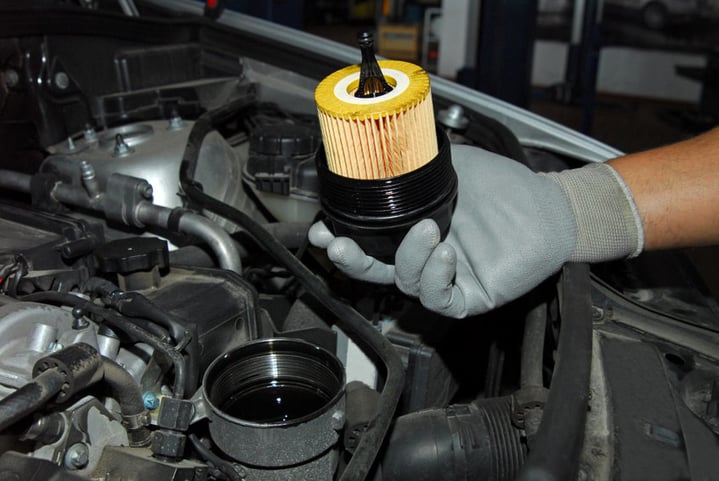Maximize Your Automobile'S Efficiency With Regular Oil Modifications
Keeping your car's efficiency is a diverse endeavor, with regular oil modifications standing out as a vital element. Fresh engine oil plays a pivotal role in making certain ideal lubrication, lowering rubbing, and protecting against wear on essential components. Many drivers overlook the signs that show a requirement for an oil change, possibly jeopardizing their car's longevity.
Relevance of Routine Oil Adjustments
While many cars and truck proprietors may ignore the value of regular oil modifications, disregarding this crucial maintenance job can lead to serious effects for engine efficiency and longevity. Engine oil plays an important function in oiling relocating components, reducing friction, and stopping getting too hot. With time, oil degrades due to exposure to heat and pollutants, which reduces its performance.
Falling short to transform the oil routinely can lead to the build-up of sludge and debris, which can obstruct important engine elements and lead to increased wear. This not only compromises engine efficiency but can also result in pricey repairs or even total engine failure. Additionally, old oil loses its ability to counteract acids created throughout combustion, which can bring about deterioration and more damages.
Moreover, several lorry suppliers advise certain oil modification intervals, typically based on mileage or time. In summary, normal oil adjustments are not just a tip; they are a necessary element of liable lorry upkeep that safeguards the engine and boosts overall efficiency.
Advantages of Fresh Oil
Transforming to fresh oil supplies numerous benefits that directly improve engine efficiency and performance. New oil reduces friction in between engine parts, which not just minimizes wear however likewise adds to smoother procedure.
In addition, fresh oil effectively cleans the engine by suspending contaminants and stopping sludge accumulation. In time, oil ends up being polluted with dust, steel bits, and burning by-products. Consistently changing oil ensures that these harmful substances are removed, promoting a cleaner and healthier engine setting.
Furthermore, fresh oil aids in optimal temperature law. It dissipates heat much more efficiently, avoiding overheating and possible damages to engine elements. This is especially essential throughout peak efficiency scenarios, where warm accumulation can impair engine functionality.
Indications Your Oil Needs Changing
Engine oil is the lifeblood of your car, and acknowledging when it needs altering is vital for maintaining ideal efficiency - Oil Change Lockhart. Numerous indications show that it's time for an oil change, and staying vigilant can protect against engine damage and expensive fixings
First, check the shade and uniformity of the oil. Fresh oil is usually brownish-yellow and smooth, while old oil might appear dark and sandy, showing contamination and decreased efficiency. An adjustment in viscosity can likewise symbolize that the oil has actually damaged down and is no longer effectively lubing engine components.

Another indication is the oil adjustment light on your dashboard. This alert acts as a tip that the oil has reached its lifespan or that there is a hidden problem needing focus. Furthermore, unusual engine sounds, such as knocking or ticking, may suggest insufficient lubrication as a result this of abject oil.
Last but not least, if you notice oil spots or pools under your car, it might show a leakage that requires prompt inspection and possible oil modification. Listening to these signs will ensure your engine runs smoothly and effectively.
Selecting the Right Oil
Picking the proper oil for your car is crucial for ensuring optimum efficiency and longevity. This assistance will certainly guide you toward the appropriate thickness quality, such as 5W-30 or 10W-40, which shows the oil's thickness at different temperatures.
Following, consider the kind of oil: standard, artificial, or a mix. Conventional oil is stemmed from crude oil and is appropriate for older vehicles, while synthetic oil supplies superior protection and performance for modern engines, especially under extreme conditions. Artificial blends combine the advantages of both and are usually a cost-effective option.
Additionally, try to find oils that satisfy market criteria, such as API (American Oil Institute) or ACEA (Organization des Constructeurs Européens d'Automobiles) certifications. These indicators make certain that the oil has been evaluated for high quality and efficiency. Eventually, choosing the ideal oil not just boosts engine efficiency yet also contributes to the overall health of your vehicle, leading the way for smoother driving experiences.
Oil Adjustment Frequency Recommendations

Variables affecting oil change regularity include driving problems, such as stop-and-go traffic, extreme temperature levels, and pulling hefty tons. Under extreme conditions, it may be prudent click to investigate to alter the oil much more regularly to prevent engine wear. In addition, some modern-day lorries come geared up with oil life tracking systems that provide tailored recommendations based upon driving routines, which can even more enhance the oil modification schedule.
It's important to consult your proprietor's guidebook for certain suggestions customized to your lorry. Complying with these standards not only preserves engine health and wellness yet likewise improves fuel effectiveness and reduces exhausts. pop over to these guys To conclude, routine oil modifications, timed properly based on different elements, are a fundamental element of automobile upkeep that can considerably affect efficiency and durability.
Final Thought
